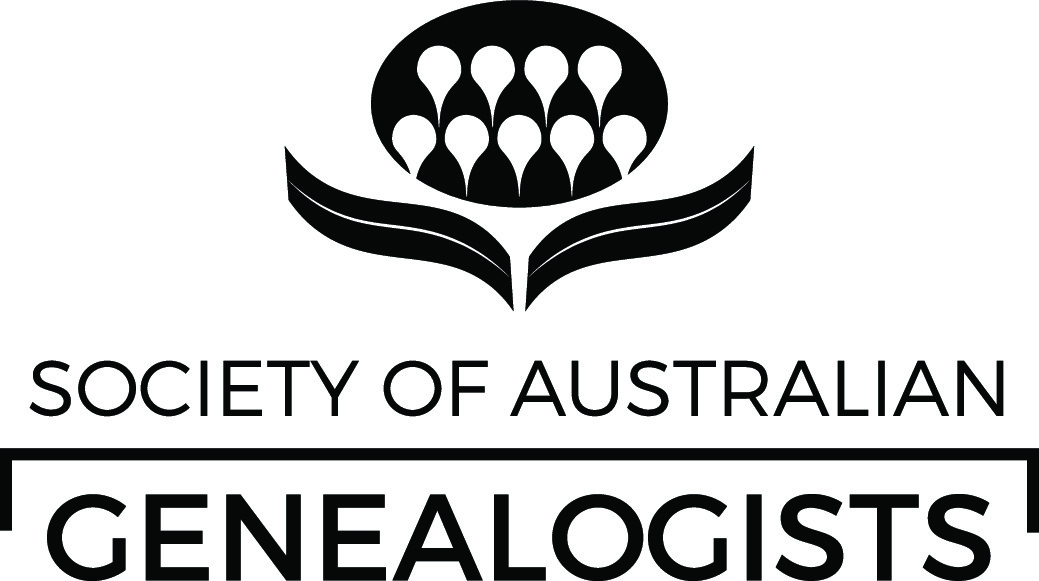HOW DO I USE DNA IN FAMILY HISTORY? |
Curious about DNA? Thinking of Testing?There are a number of sources of information about DNA testing on the web, including Facebook and YouTube. Major testing companies such as FamilyTree DNA, Ancestry DNA and 23andMe etc have useful resources, including webinars. The Federation of Family History Societies in the UK has released a paper to help family historians understand more about DNA testing. While Australian laws may operate differently it contains some worthwhile advice and is included here courtesy of the Federation. The SAG hosts lectures and group meetings focussed on practical applications using DNA sites and third party tools. If you would prefer a live event where you can interact with the presenter and ask questions we also run a quarterly online session called First Look at Genetic Genealogy where attendees can learn all about the different types of tests, which companies sell them and what to consider before testing. Please check the Events Calendar for details of upcoming activities. Tested and want to know what to do next?
To be effective in DNA research you firstly need to be familiar with the evaluation tools provided by your testing company, and secondly be aware of some of the key concepts that underpin the analysis process. Testing companies such as Family Tree DNA, AncestryDNA, 23andMe, My Heritage etc all provide a range of educational items to assist with their product and all new users should gain familiarity with the relevant testing company's site. If you would like to start your DNA journey visit our DNA Research Group - Tools in Practice webpage for links to some great introductory websites and blogs belonging to SAG members.The below image shows the recommended learning pathway for those attending courses at the SAG.
Want to dig deeper into your DNA results, expand your tree or break down a brick wall?The SAG has two DNA Research Groups which you can attend to learn more about DNA. Here is a list of upcoming DNA sessions |

